Blue Ring
Blue Ring

Picture of the day - November 3, 2018
A cold ice-world with a thick nitrogen atmosphere backlit against a blue B-type sun. The star is so bright that all objects, even some asteroids reflect enough light to be visible orbiting close to the star. The comet-looking object is not a comet, but a planet getting its atmosphere burnt away by the sun.
More Posts from Sharkspaceengine and Others
Double Moons

Picture of the Day - October 17, 2018
A double transit of two moons across the face of a giant ringed planet.

Picture of the Day 2 - October 17,2018
Another wider angle shot
Hot Jupiter
Planets in our own solar system have a wide range of properties. They are distinguished by two basic properties, their size and their orbit. The size determines if the planet can have a life-sustaining atmosphere. The orbit affects the surface temperature and whether there could be liquid water on the planet’s surface.
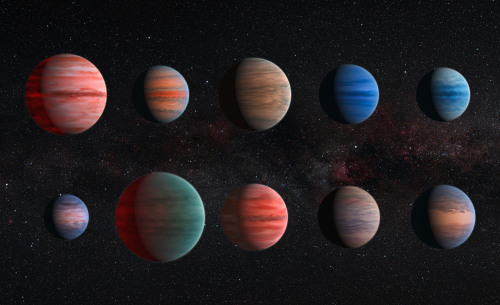
Hot Jupiters are a class of gas giant exoplanets that are inferred to be physically similar to Jupiter but that have very short orbital period (P<10 days). The close proximity to their stars and high surface-atmosphere temperatures resulted in the moniker “hot Jupiters”.

Hot Jupiters are the easiest extrasolar planets to detect via the radial-velocity method, because the oscillations they induce in their parent stars’ motion are relatively large and rapid compared to those of other known types of planets.

One of the best-known hot Jupiters is 51 Pegasi b. Discovered in 1995, it was the first extrasolar planet found orbiting a Sun-like star. 51 Pegasi b has an orbital period of about 4 days.

There are two general schools of thought regarding the origin of hot Jupiters: formation at a distance followed by inward migration and in-situ formation at the distances at which they’re currently observed. The prevalent view is migration.

Migration
In the migration hypothesis, a hot Jupiter forms beyond the frost line, from rock, ice, and gases via the core accretion method of planetary formation. The planet then migrates inwards to the star where it eventually forms a stable orbit. The planet may have migrated inwar.
In situ
Instead of being gas giants that migrated inward, in an alternate hypothesis the cores of the hot Jupiters began as more common super-Earths which accreted their gas envelopes at their current locations, becoming gas giants in situ. The super-Earths providing the cores in this hypothesis could have formed either in situ or at greater distances and have undergone migration before acquiring their gas envelopes.

source




Pictures of the day - December 28, 2018
From this point forward, all Space Engine posts on my pillowfort and my Tumblr page will be the same.
Here we come across a small green-colored ice giant with an active atmosphere. This planet orbits a binary pair of red dwarfs and has a small yet well structured ring system. Additionally, a system of 13 natural satellites orbit the planet, including two of which that are large enough to be rounded by their own gravity. Like Uranus, this planet also orbits on it's side.
Space Engine System ID: RS 5581-42-8-5915539-1541 2 if anyone wants to visit the planet.
Planet Stats Below:
Radius: 17,474.59 km (2.74 x Earth) Mass: 9.59 Earth Masses Orbital Distance: 0.57 AU Length of Year: 294.35 days Length of Day: 11 hours 47 minutes Gravity: 1.28 g Temperature: 85 K (-307 F) Atmosphere: 92.9% Hydrogen, 6.96% Helium, 0.14% Methane
High Resolution Pictures
Small green ice giant
Binary red suns
Through the rings
Small moon
Insight A System (Outer 4 Planets)
Here are the outer 4 planets orbiting Insight A. Each planet has a large ring systems.
Insight A-VI (0.65 Earth masses, Water World with life, 1.10 AU)

Insight A-VII (3.10 Earth masses, Cold Desert World, 1.97 AU)

Insight A-VIII (15.46 Earth Masses, Ice Giant, 4.01 AU)

Insight A-IX (17.40 Earth Masses, Ice Giant, 7.34 AU)

Space Engine System ID: RS-5581-42-6-76887-1116 A








Pictures of the day - November 13, 2018
Tempus System - First Round of Pictures
I’ve decided to showcase another system, and here are the pics of a system in the Large Magellanic Cloud Galaxy I am calling the Tempus System
Space Engine System ID: RS-8475-7-6-4-195
High Resolution Pictures
Mars-Like World
Crescent
Scorched Surface
Cold battered desert moon
Orbital Closeup
Dim suns
Distant giant
Another ring shot






First pictures from the M59 galaxy. Here I come across a 7 planet system orbiting an orange giant. All the planets in this system are experiencing the effects of the expanding sun, and orbit relatively close to the sun. The outer-most ice giant orbits just 3.62 AU from the sun.
Space Engine System ID: RS-5581-21-3-270-585
I just unfortunately found out that Tumblr does not allow posts with links in them to show up on searches. This is very problematic for me since I like posting 4K resolution pics on here. Anyone have any suggestions on how to keep Tumblr from reducing image sizes so I do not have to add links to my posts?
High Resolution Pics
Partially molten moon
Galaxy NGC 4429 photo bombs this moon shot.
Molten world
Rising giant
Burnt desert
Solar Atmosphere
![Edited Screenshot I Took Of A Gas Giant From The Simulator “Space Engine” [3089x2980]](https://64.media.tumblr.com/c5252a5f7d1c68edccb66a1b828a80e4/tumblr_pjfjq3Danp1rcl722o1_500.png)
Edited screenshot I took of a gas giant from the simulator “Space Engine” [3089x2980]

Picture of the day 2 - November 15, 2018
Shepard moon orbiting within a ring gap of a giant planet.

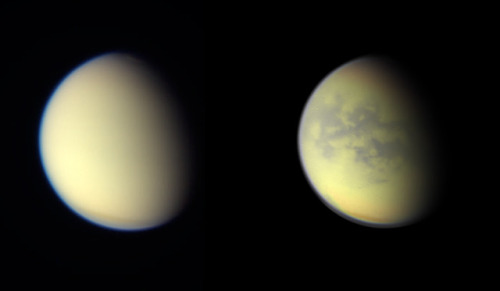




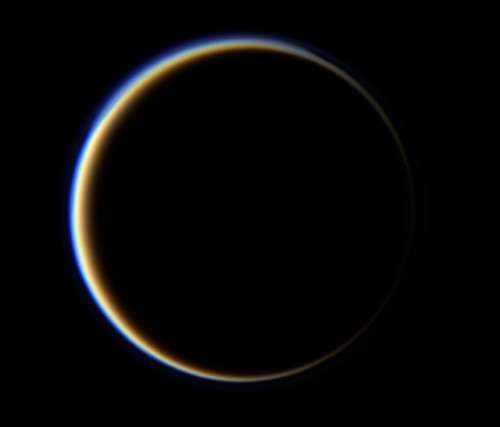

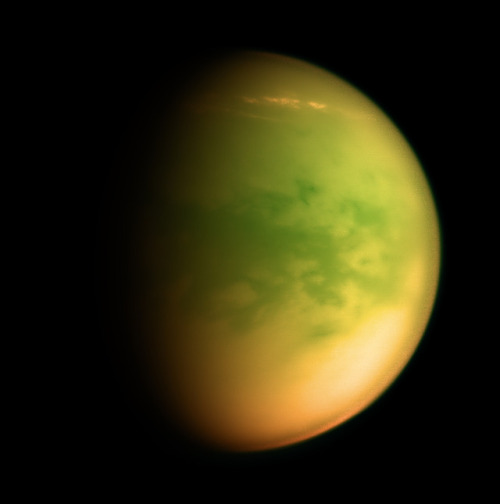
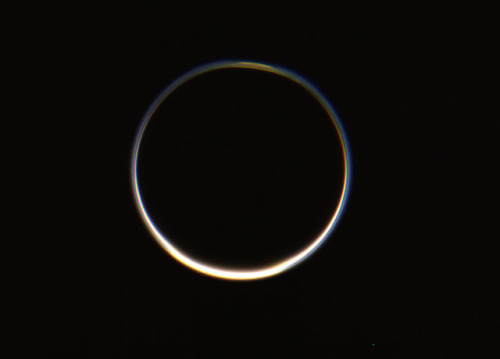
Images taken by the Cassini & Voyager spacecraft of Titan, Saturn’s largest moon. Titan is the only moon in the Solar System to have a thick atmosphere and lakes of hydrocarbons (methane and liquid ethane).
To know more about the moon Titan click here
Image credit: NASA/JPL/SSI/Cassini & Voyager ( precessed by: Kevin Gill )

Picture of the day - November 29, 2018
Its been a while since I showcased an entire star system on here, so the next several sets of pictures will be all the planets in this one system that I am going to name the “Insight System” after the newest Mars lander. Many more picture to come.
Above is a preview pic of the system. This is a binary system, so the planet’s night sides are all faintly illuminated.
My Space Engine Adventures, also any space related topic or news. www.spaceengine.org to download space engine. The game is free by the way. Please feel free to ask me anything, provide suggestions on systems to visit or post any space related topic.Check out my other blog https://bunsandsharks.tumblr.com for rabbit and shark blog.
294 posts